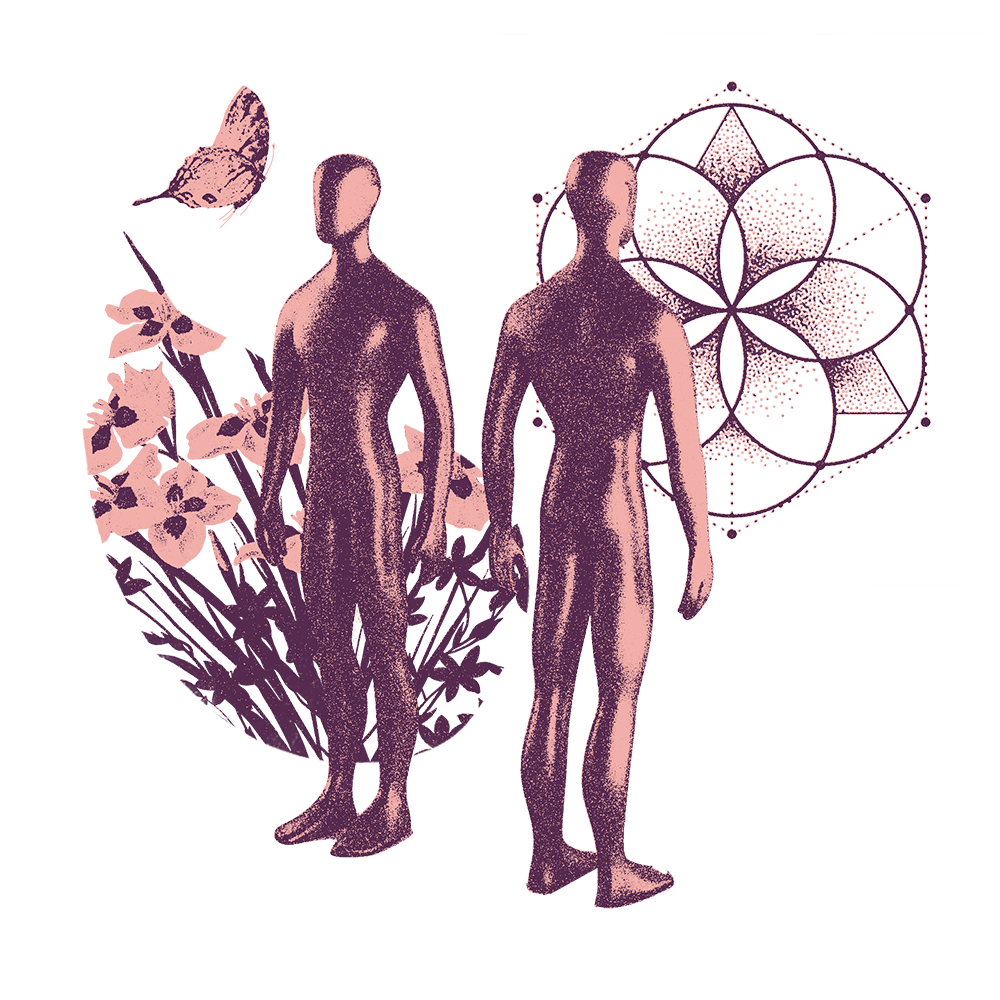Biopsychosocial model of health
World Health Organization proposes next definition: "Health is a state of complete physical, mental and social well-being and not merely the absence of disease or infirmity".1
How do we understand health and why the absence of disease is not enough for its better comprehension? We often encounter the complex bio-psycho-social-spiritual concept. This long articulation shows the attempt to understand health as a system capable of balance, resilience and reaction to different demands and stimulus.

What are these different components that we identify?
Health can be affected by a range of different factors and the achievement of global health is connected with the state of wellbeing reliant on individual components of health.
Biological and physical fitness: these are biological and somatic values. Such as genetic or biochemical values, physical and movement ability, anatomical changes, blood pressure, etc. Physical self-care includes healthy and active lifestyle, sleep hygiene etc.
Psychological factors: are more subjective, it can be our feelings, emotions, personality, level of energy and vitality, self-esteem, stability and motivations. Psychological self-care can improve balance and resilience to stress situations.
Social factors: and economic factors alongside. We put in this category work environment, education, financial health, self-sufficiency, social interaction and free time and relaxation. Our interaction with the word and environment through relationships, attitudes and inclusion in society affects our feeling of happiness as well as our health in general.
Spiritual factor: is an important part and can be understand beyond the classic definition of religion. It can represent a feeling of being part of a bigger entity. We may find such fulfillment through relation with nature, religion or cultural rituals.
The interconnection of listed components and their mutual influence constitute general health. Each element demands specific care and attention. The global balance helps us to better resilience and ability to react to unfavourable impulses. (PhDr. Petr Košik, M.Sc)
